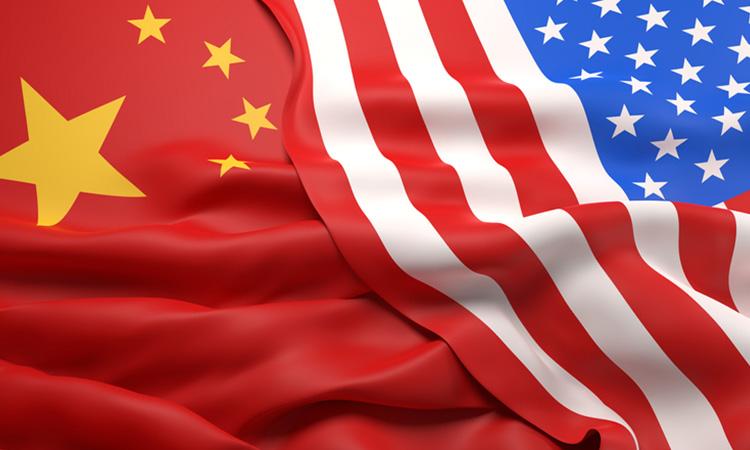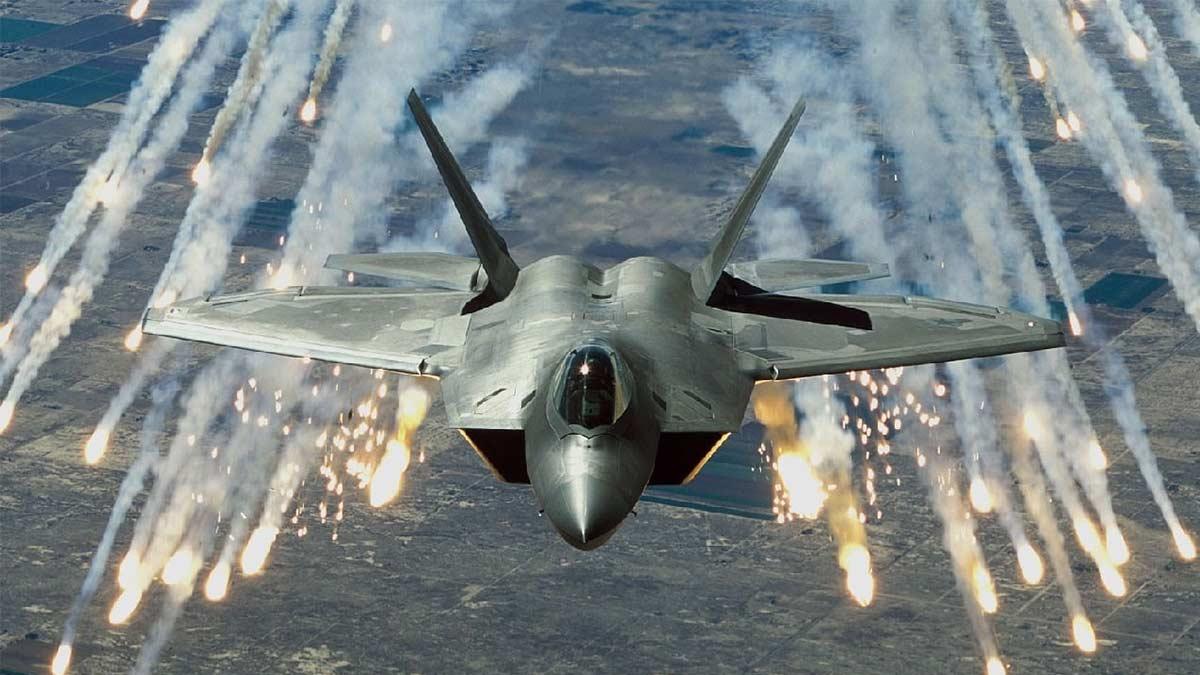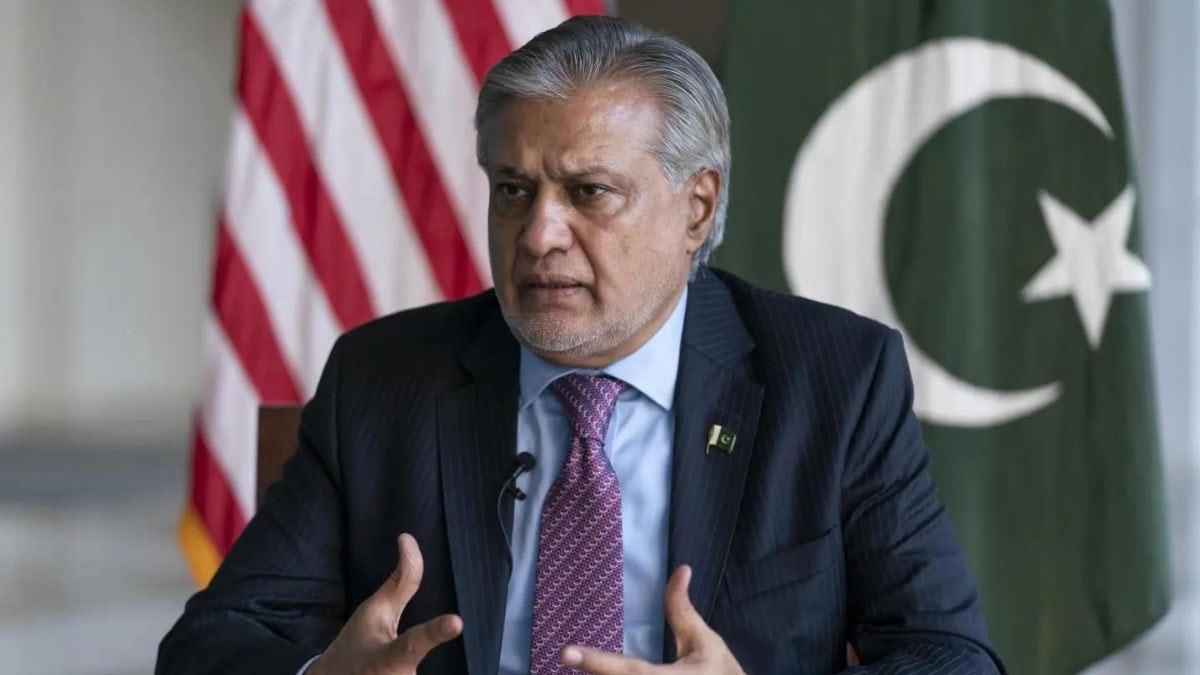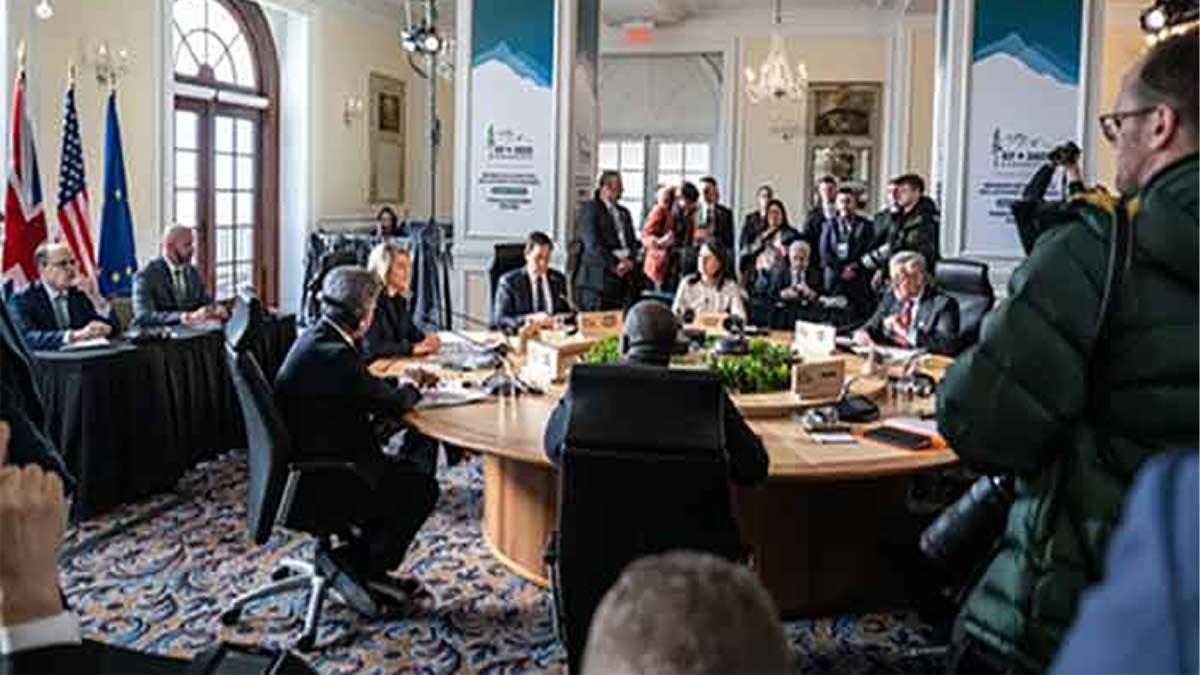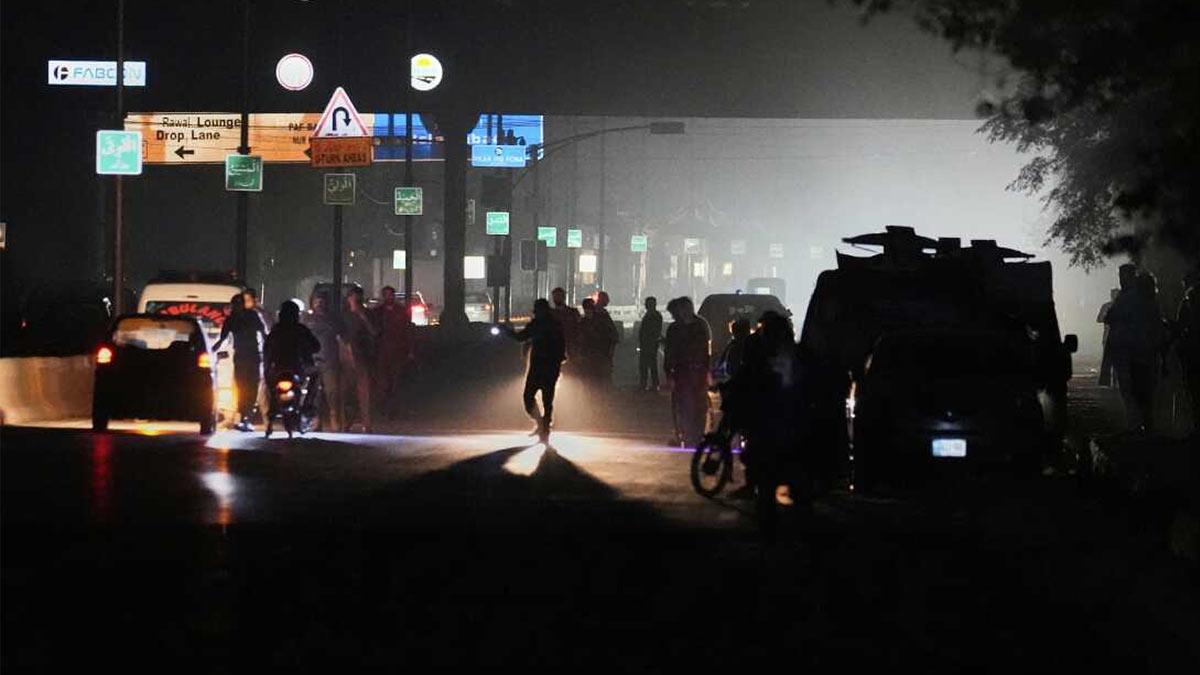The US think-tank, Institute of Peace, published its report on Wednesday stating China’s expanding role in South Asia is having a significant impact on the region's politics, economics and security of the region and the area is likely to become more contested in the coming decades.
"China's expanding presence in the region is already reshaping South Asia, which is simultaneously emerging as an area where US-China and regional competition plays out from the Himalayan heights to the depths of the Indian Ocean", report quoted.
It observed that the US and China both see South Asia as important, "although neither considers the region its top geopolitical priority".
"US-China bilateral competition and confrontation make cooperation in South Asia, including during major crises, substantially more difficult," the report stated.
China's approach toward India-Pakistan disputes increasingly favours Pakistan rather than adopts a more neutral stance strengthening China-Pakistan axis, because backing Pakistan helps China constrain Indian power in Asia, the think-tank said in the report.
"Especially in the last year, China has doubled down on its support for Pakistan's position on Kashmir. Historically, Beijing's position has ranged from constructive neutrality to active support for Pakistan”.
According to the report, the Sino-Indian border area will continue to be a major flash point. China-India relations will become more competitive, and the pair, Asia's two biggest powers, will struggle to cooperate throughout the Indo-Pacific region.
"China's growing focus on a blue-water navy and power projection to the 'far seas' has followed its economic interests. The Indian Ocean is currently a 'far sea' for China, but the country aims to make it more of an intermediate one”.
The fluid contest for influence among and between South Asian states makes it difficult for Washington to maintain good relations with countries across the entire region simultaneously, the think tank observed.

